*Content Warning: Mentions of severe depression and suicidal ideation.
Clinical Depression in the Spotlight
Depression has been in the headlines a lot these days. It is good to see the rise in awareness for mental health, and the increase in the number of people stepping up and speaking out. Every contribution helps to paint a picture that is more realistic and better understood.
*Disclaimer: This article is meant for educational purposes, and is based on my personal experiences as a patient. I am not a doctor, and nothing in this article should be substituted for medical advice. Please consult your own doctor before changing or adding any new treatment protocols. This post may also contain affiliate links. It will cost you nothing to click on them. I will get a small referral fee from purchases you make, which helps with the maintenance of this blog. Read our Privacy Policy page for more information. Thank you!
The Societal Stigma Associated with Clinical Depression, Especially in Asia
Many people assume that depression or anxiety is a state of mind that you can control. They advise you to think positive thoughts, and to "stay strong". It has a negative connotation in Asian societies - "What's wrong with you? This isn't a real problem, please get your act together."
A person who ends his or her life due to mental suffering is often viewed as weak or stupid. In many countries, committinge suicide is against the law.
Having Clinical Depression Often Means Nothing Else Matters
When someone is down in the pits of depression, the key thing to remember is that they no longer care about anything. Neither the fact that others may be judging them, nor how they look or behave. I used to wonder what it'd be like to have my face plastered in the newspapers and the shame it might bring upon my family, should I commit suicide. Or I would spend my time imagining how my funeral would be like, and who would show up. You can receive all the love in the world, and still want to kill yourself.
The Thought of Suicide was Actually a Final Gamble with Life (At Least for Me)
Contrary to what others may think - that a person has given up all hope - I see it as the biggest gamble in life with life, in hope for hope. I often reasoned with myself in such a manner: "if there is nothing beyond death, that is fine as nothing would matter then. If there truly is a heaven, that would be a win. And if I am going to hell, that wouldn't be ideal - am I anguished enough to accept this probability today?" There is a trace of hope in that thought - what we all hope for is simply a better future.
The Effects of Genetics & Medications on Clinical Depression
I don’t think I am someone who was born with depression, although studies have shown that genetics can play up to 50% in part. My moods often fluctuate according to the state of my illnesses, and the drugs used to control them.
Medications are often a crude method of dealing with a problem. They plug a gaping hole by force, creating other tears in the delicate fabric of well being in the process. Medications such as steroids only substitute one sort of agony for another. It is a constant struggle weighing the pros and cons - which of the two pains would I rather endure, and how much?
The Worst Part of Clinical Depression & What I’ve Learned
But do you know what the worst part of it all was? After 10 years of struggling with depression on and off, I discovered that a large part of it was treatable. I realised that my struggles with suicidal thoughts were not quite my own, but seeds planted by illness, and fertilised by medications.
I learned that you can't always control the chemistry in your brain through positive thinking. Depression can be a serious medical condition that requires clinical intervention. I discovered that at the end of the day, doctors are only human like me. And that sometimes, I have to insist on getting the help I know I need.
Pin to Your Clinical Depression & Mental Illness Boards:
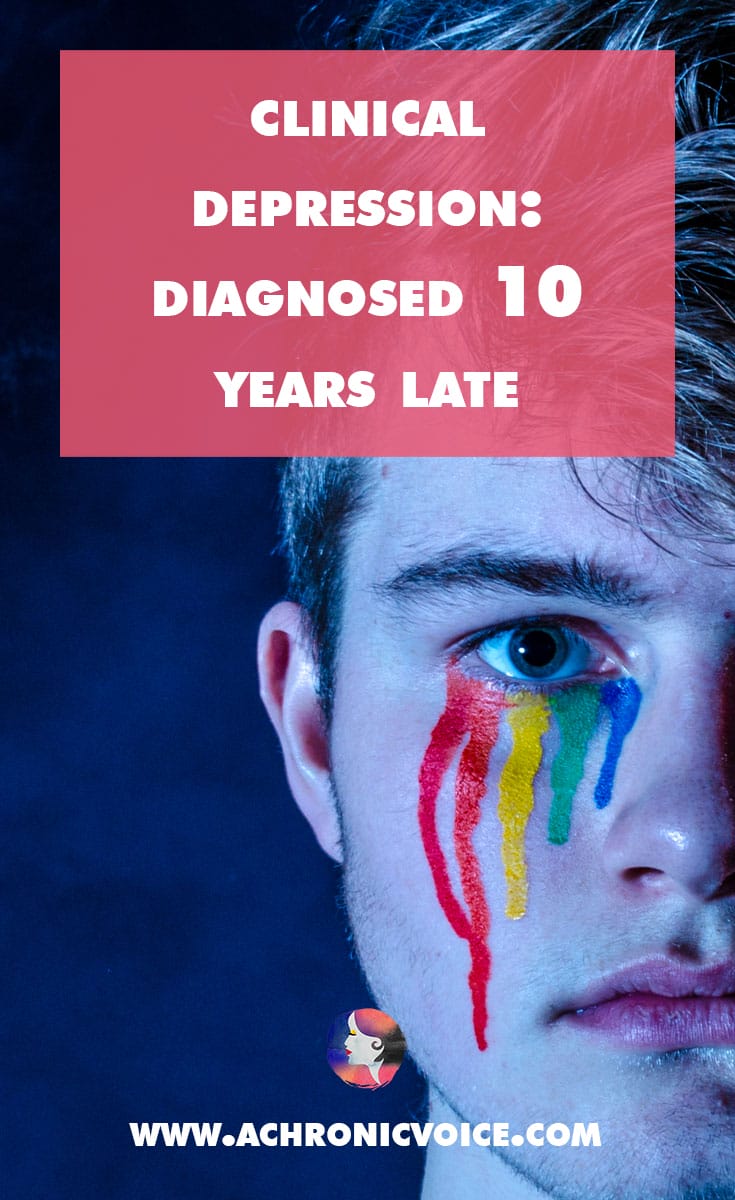
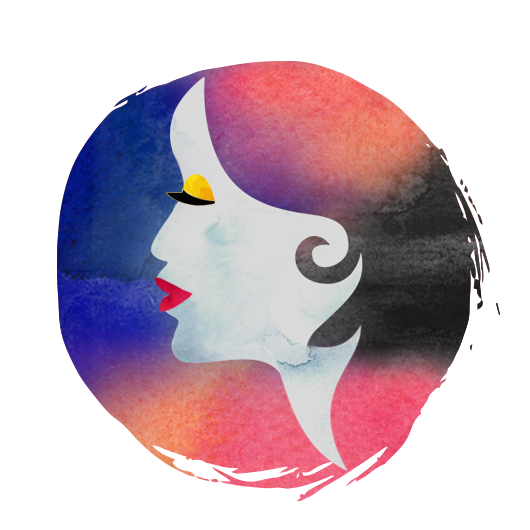
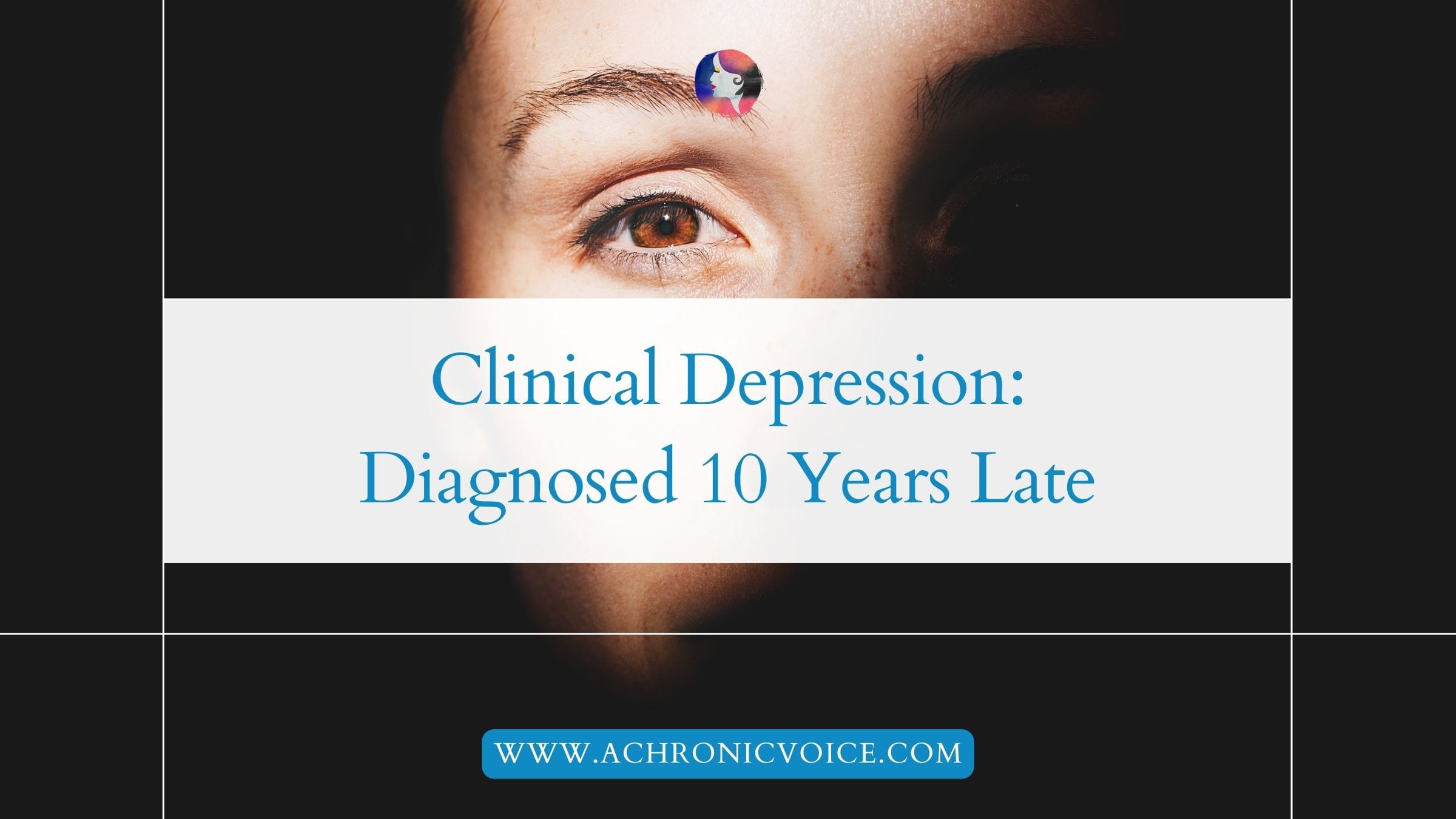

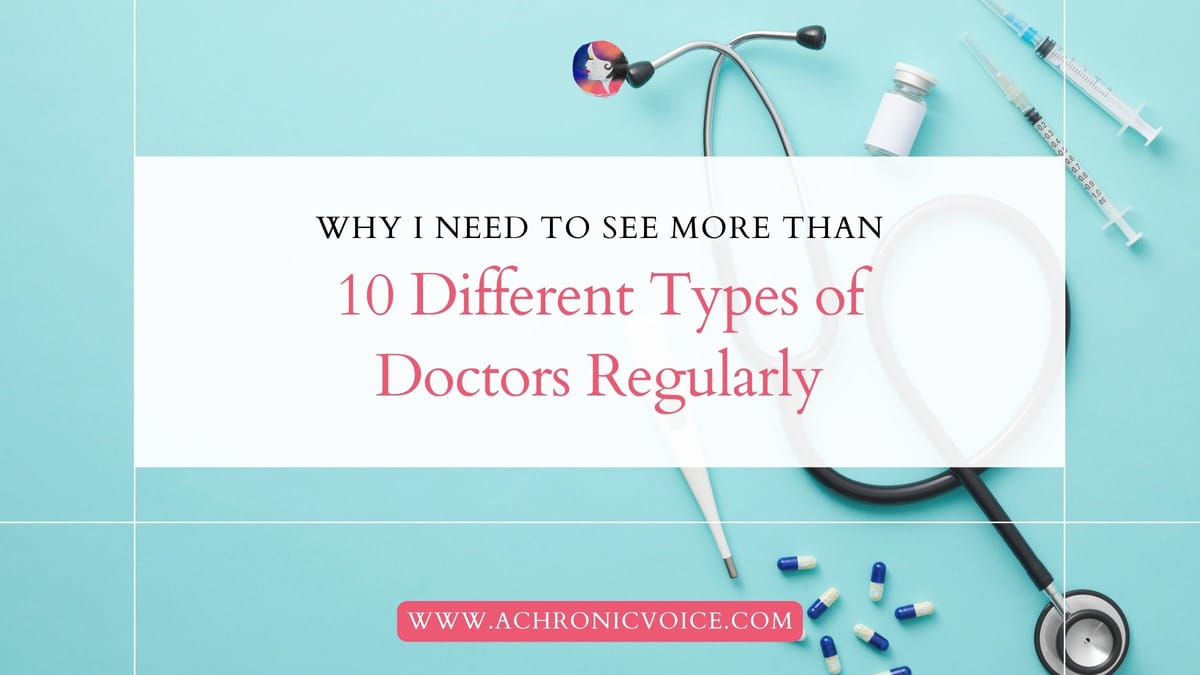
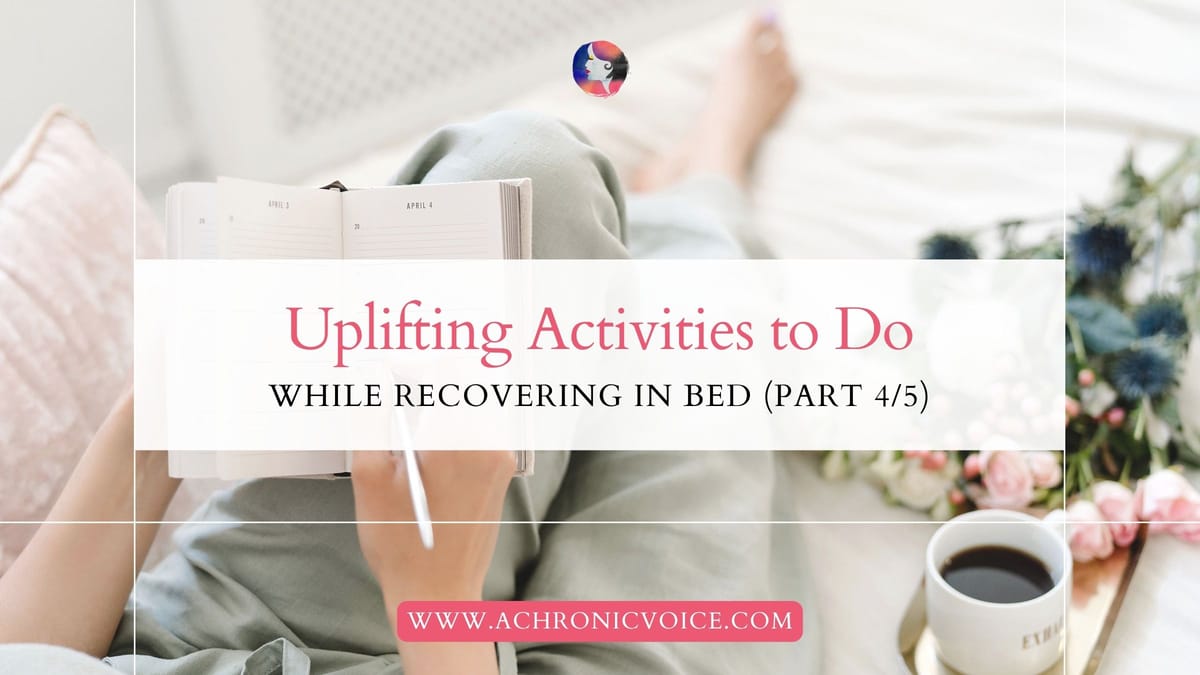
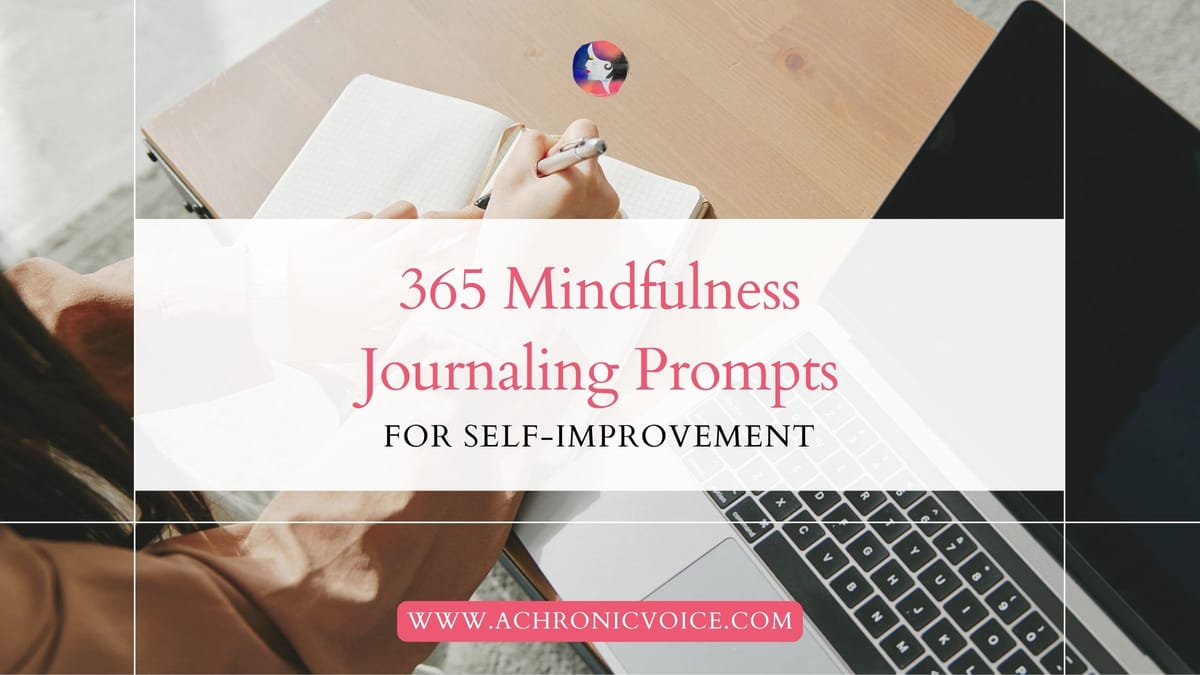
Member comments